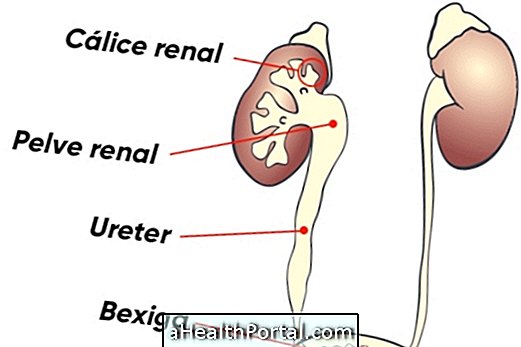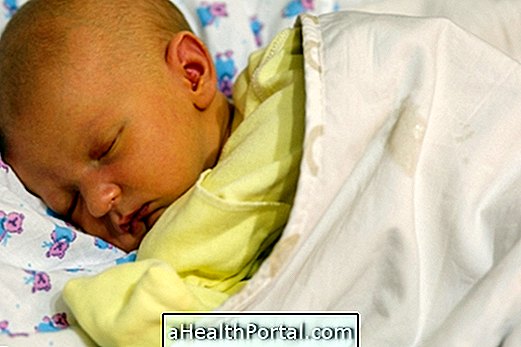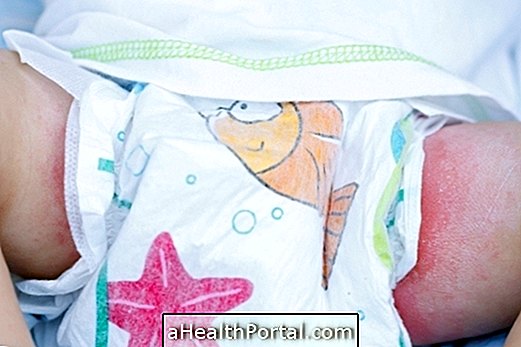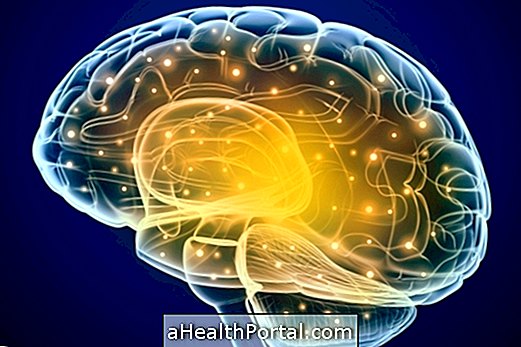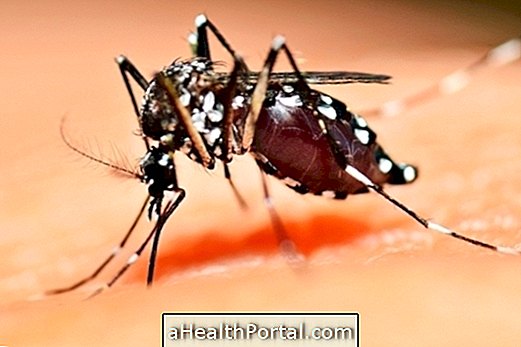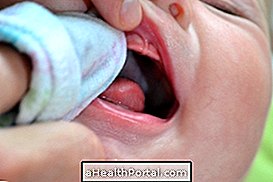Attention deficit hyperactivity disorder (ADHD) is characterized by the simultaneous presence or absence of symptoms such as inattention, hyperactivity and impulsivity. This is a common childhood illness, but it can also persist in adults when it is not treated as a child.
The first signs of this disease are overuse of inattention, agitation, stubbornness, aggressiveness, or impulsive attitudes, which cause the child to behave inappropriately, impairing performance in school, since he or she does not pay attention, does not concentrate, and distracts easily, and can cause a lot of stress and wear to parents, family members and caregivers.
These symptoms mostly appear before 7 years of age and are easier to identify in boys than girls because they tend to show clearer signs. Its causes are not known, but there are some genetic and environmental factors, such as family problems and conflicts, that can lead to the onset and persistence of the disease.
If you have questions about ADHD, take our quiz by answering the following questions:
- 1
- 2
- 3
- 4
- 5
- 6
- 7
- 8
- 9
- 10
- 11
- 12
- 13
- 14
- 15
- 16
- 17
- 18
- 19
- 20
Find out if your child is hyperactive.
Start the test
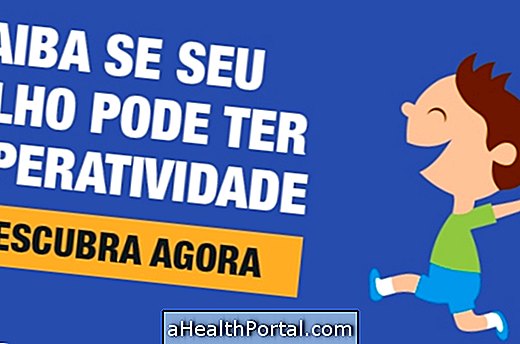
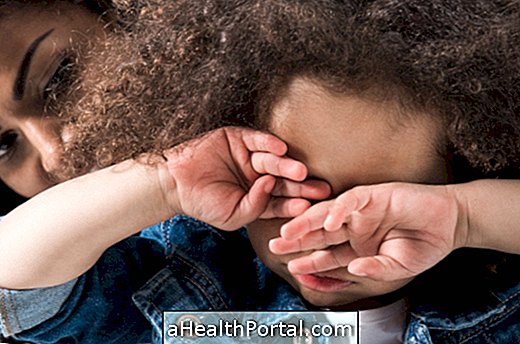
- Yes
- Not
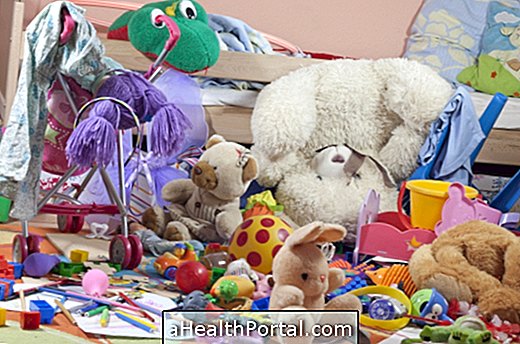
- Yes
- Not

- Yes
- Not

- Yes
- Not

- Yes
- Not
- Yes
- Not

- Yes
- Not

- Yes
- Not

- Yes
- Not
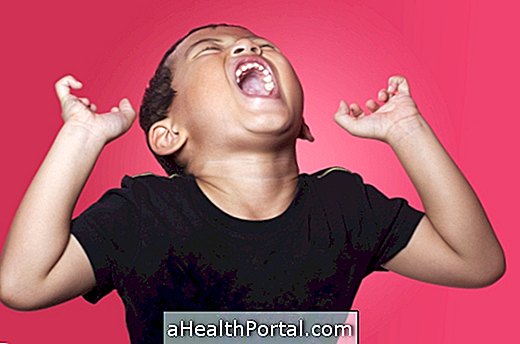
- Yes
- Not

- Yes
- Not
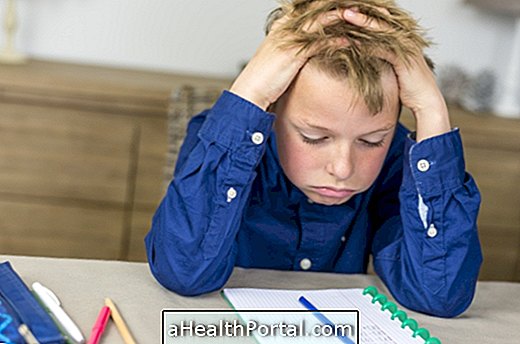
- Yes
- Not

- Yes
- Not

- Yes
- Not
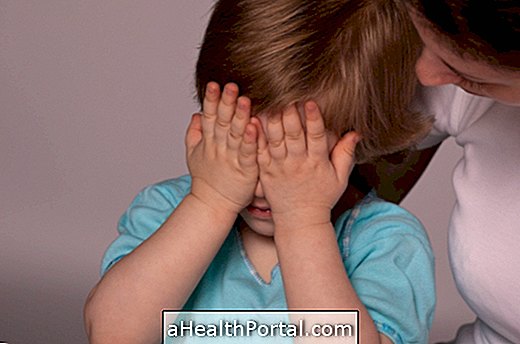
- Yes
- Not

- Yes
- Not
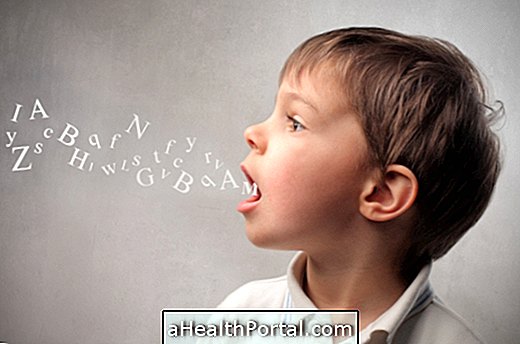
- Yes
- Not

- Yes
- Not
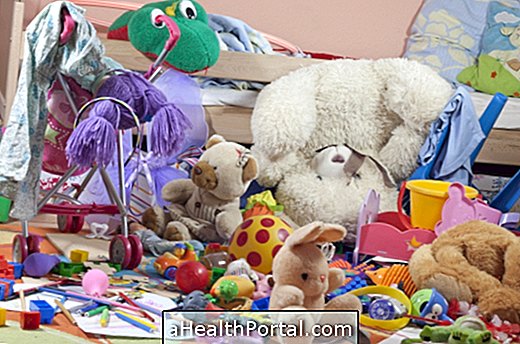
- Yes
- Not
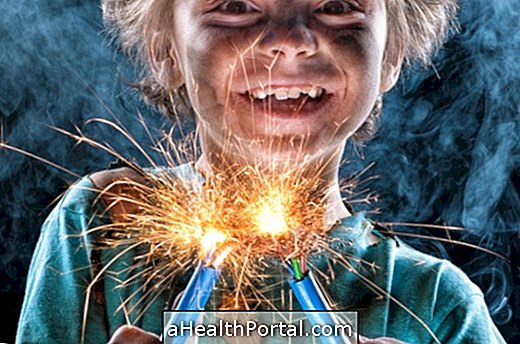
- Yes
- Not
What are the symptoms
Signs that help to identify attention deficit hyperactivity disorder are divided into 3 groups:
Inattention can be identified by:
- Difficulty paying attention or inadvertent misconduct in play, school or work activities;
- Do not seem to listen when you talk to him;
- Failure to follow instruction in school, domestic, or professional duties;
- Losing things needed for tasks or activities;
- Avoid tasks that require constant mental effort;
- Frequent forgetting in daily activities.
Already hyperactivity has the following characteristics:
- Shake hands or feet or squirm in chair;
- Leave the classroom chair or other situations where you are expected to remain seated;
- Excessively running or climbing objects in inappropriate situations;
- Difficulty in playing or quietly engaging in leisure activities;
- Be often "a thousand" or often act as if you were "at full steam";
- Speak exaggeratedly.
The symptoms of impulsivity are:
- Give hasty answers before the questions have been completed;
- Have trouble waiting your turn;
- Interrupt or meddle in other people's business.
The hyperactive child can demonstrate this behavior anywhere, such as at school, at home, in the church, and are very exhausting to parents, caregivers or teachers. Before thinking about attention deficit and hyperactivity, it is important to observe the signs that the child demonstrates and try to understand it, since nervousness, fear or fatigue, for example, are situations that can also generate changes in behavior.
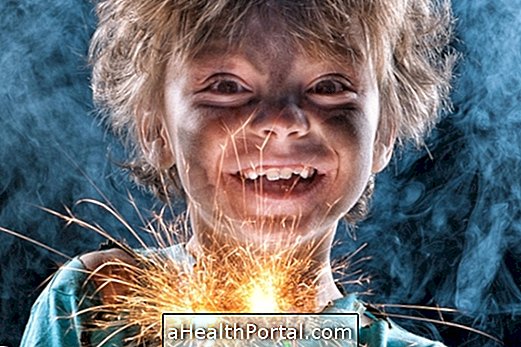
What to do in case of suspicion
If ADHD is suspected, it is important to consult the pediatrician to observe the behavior of the child and to assess if there is a need for concern. If he identifies signs of the disorder, he may indicate the consultation of another specialist, as the diagnosis of attention deficit hyperactivity disorder is usually made by a psychiatrist or neuropaediatrician at the pre-school age.
To confirm the diagnosis, the specialist may ask to observe the child at school, at home and in other places of his / her daily life to confirm that there are at least 6 signs that indicate the presence of the disorder.
Treatment of this disorder includes the use of medications, such as Ritalin, as well as behavioral therapy with a psychologist or a combination of these. To understand how this disease is treated, check out ADHD treatment.


